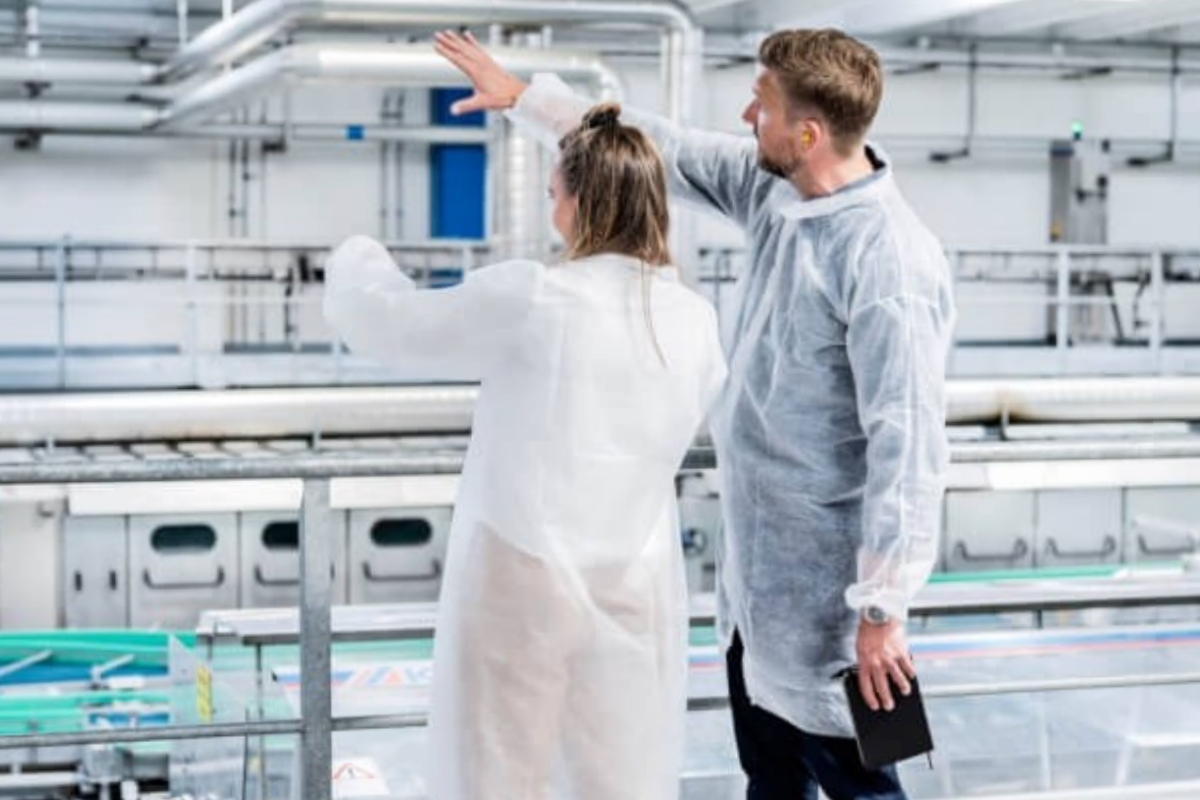
According to a survey by the food and drink production consultant NIRAS, brewers have the chance to establish new industry benchmarks as sustainability becomes a “must have” rather than a “nice to have.”
The research, “Building sustainability in brewing,” examines how sustainability may soon become a de facto “licence to operate” through a mix of consumer demand and regulatory action.
However, brewers have long faced the issue of incorporating sustainability into this resource-intensive process.
It is estimated that around 95% of beer is water, not including the wastewater and cleaning that are also required. Meanwhile, a sizable portion of land must be dedicated to the cultivation of components like barley, which may have an effect on local residents’ access to food and biodiversity.
In fact, the industry’s water and energy use has lately gained attention owing to supply chain disruption and rising energy prices, in addition to emission objectives.
While the push for sustainability intensifies, beer makers also need to consider the growing consumer need for variety, which includes the rapidly growing market for low- and no-alcohol beverages. According to NIRAS vice president Jonas B. Borrit, this is adding to the complexity of the industry.
“Sustainability is clearly a key consideration for businesses across all sectors and for resource-intensive manufacturers like breweries, it’s no longer a nice to have, but is fast becoming a licence to operate. Stronger consumer appetite for variety over volume has undoubtedly created commercial opportunities for breweries, but producing up to 100 different varieties of beer in a large-scale plant means that short production runs will require more energy and water,” he explained.
However, Borrit thinks that large-scale brewers have a “once in a generation opportunity” to lead the market. “This will enable them to meet regulatory requirements and voluntary sustainability goals, while building loyalty in a competitive market,” he added.
Subject regarding ROI
In addition to examining how brewers might approach capital expenditure and operations projects to upgrade current facilities or construct new plants in order to fulfill sustainability goals, the report also looks at how the sector can tackle major sustainability concerns such as maximizing energy efficiency and minimizing water use.
However, Borrit admits that small and large brewers are being impacted differently by the shift towards sustainability.
“Some small breweries may have incorporated sustainability into their identity but now face the prospect of remaining sustainable as they scale up. Others may face limited resources and restricted facilities, meaning they are particularly vulnerable to changes in regulations and consumer expectations because it’s too costly to catch up.”
“The large brewing groups have better access to loans and investment to drive the sustainability agenda. They do, however, face the challenge of balancing the needs of different stakeholders across sites and territories.”
He concluded: “There’s no doubt there are a number of obstacles for breweries looking to become more sustainable, but it’s clear that the industry has a huge opportunity to engage the next generation of customers and make sure the industry is sustainable in every sense of the word.”
SOURCE: Foodmanufacture
PHOTO CREDIT: NIRAS
